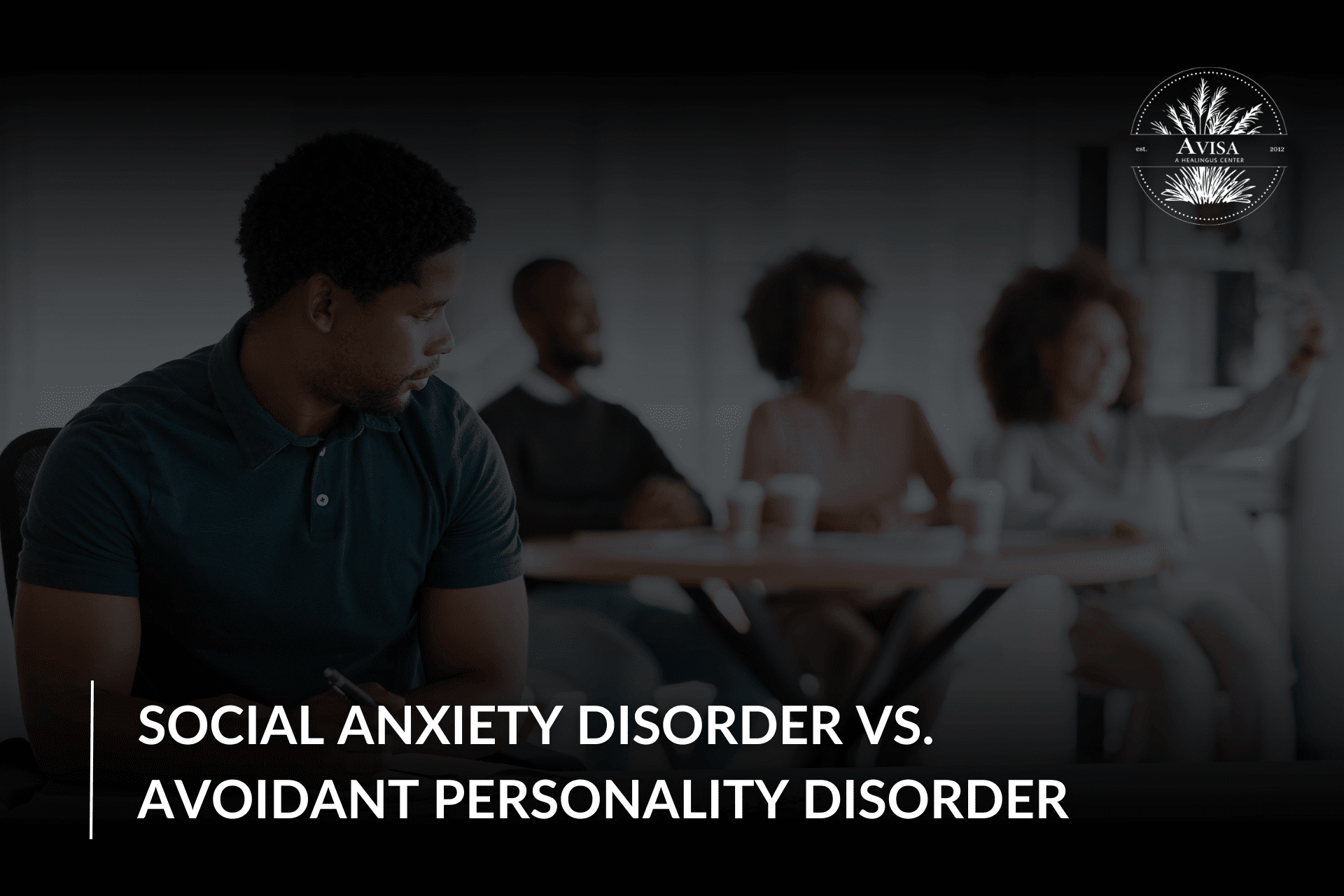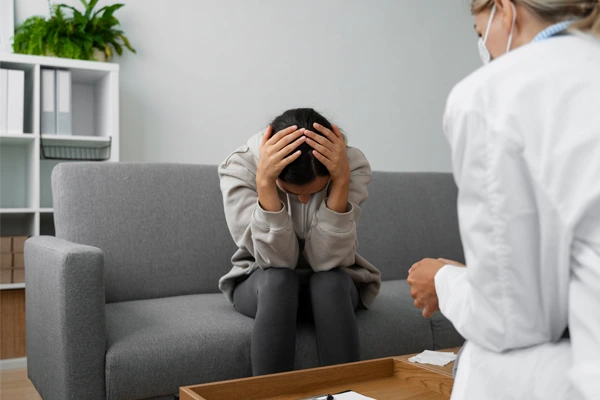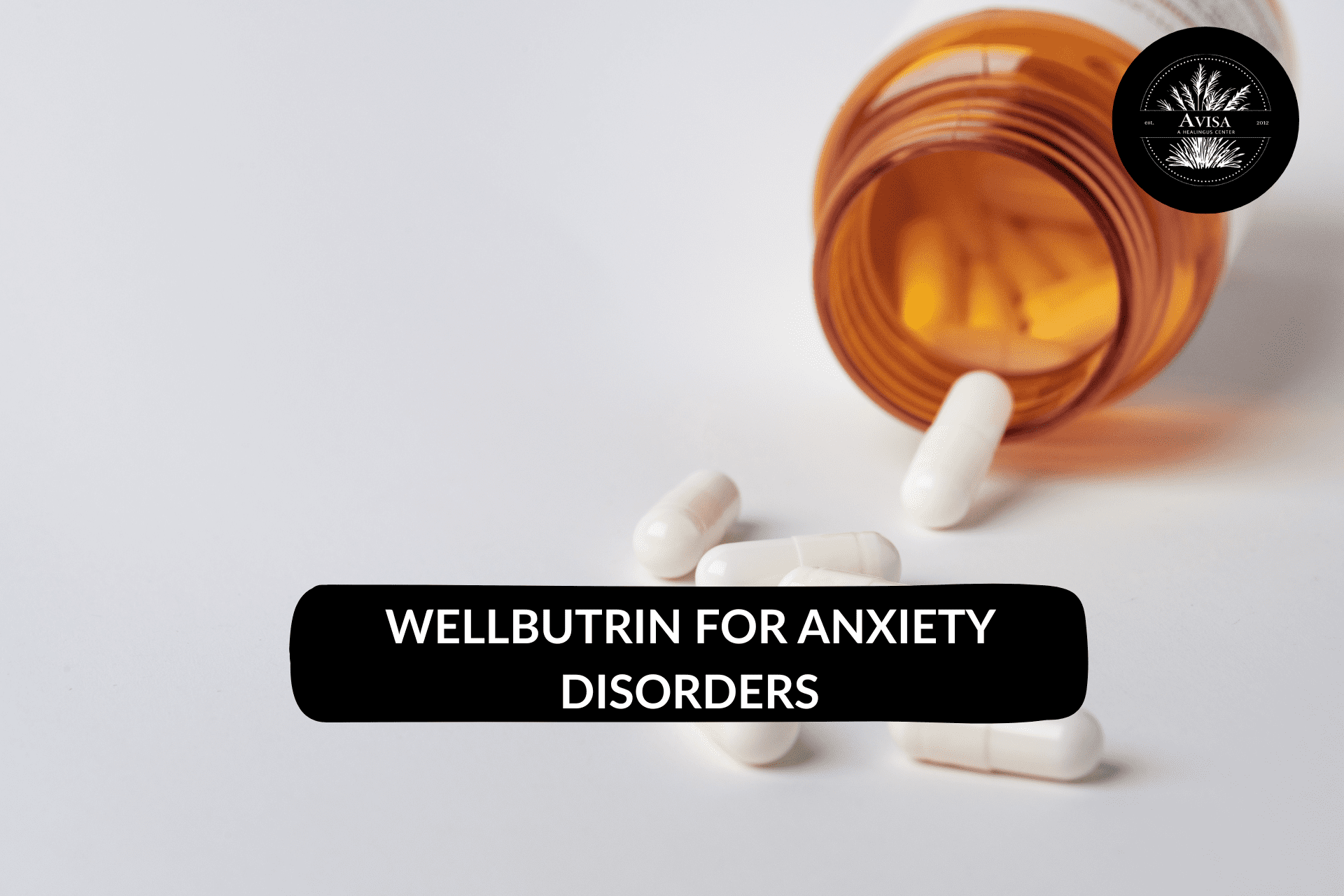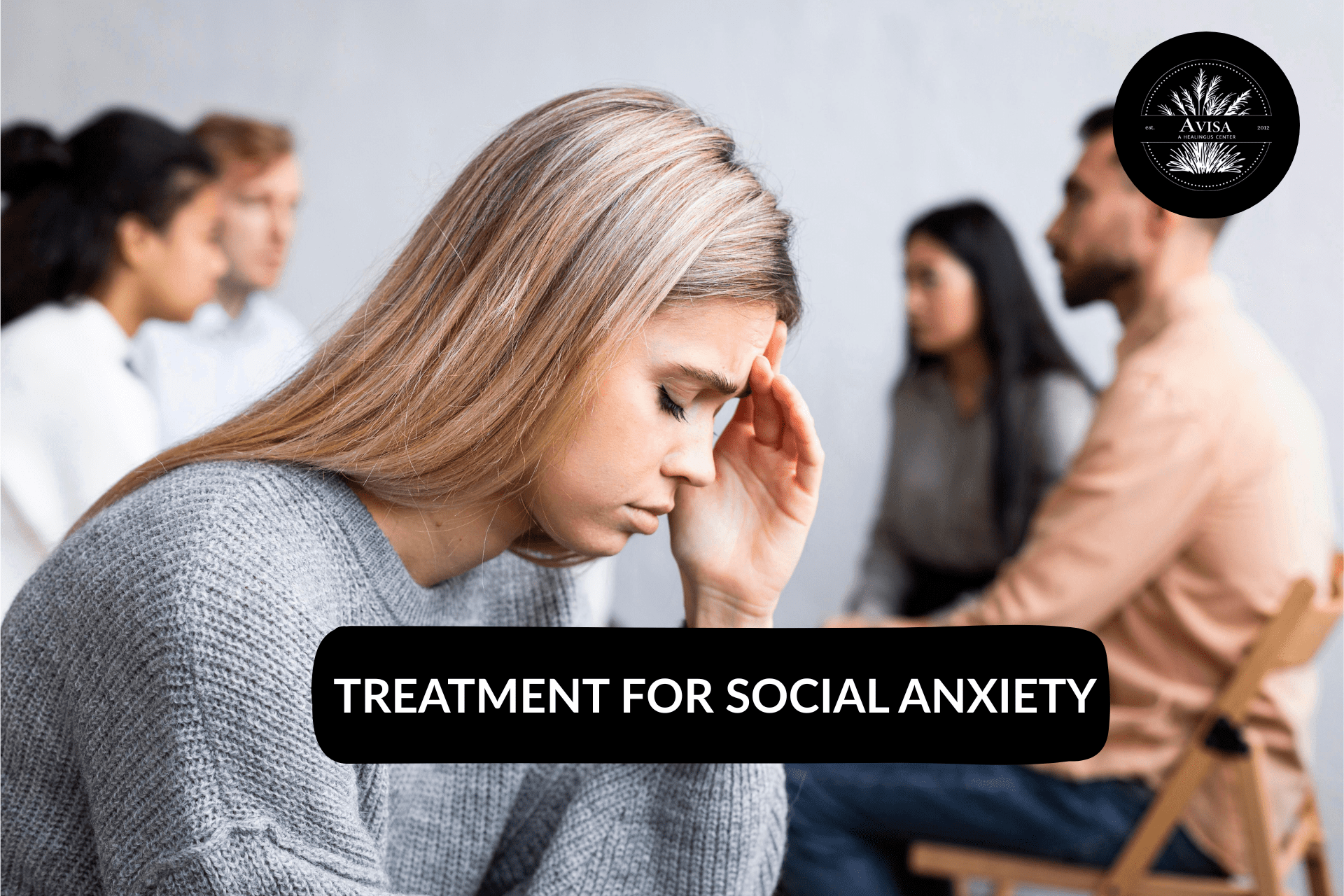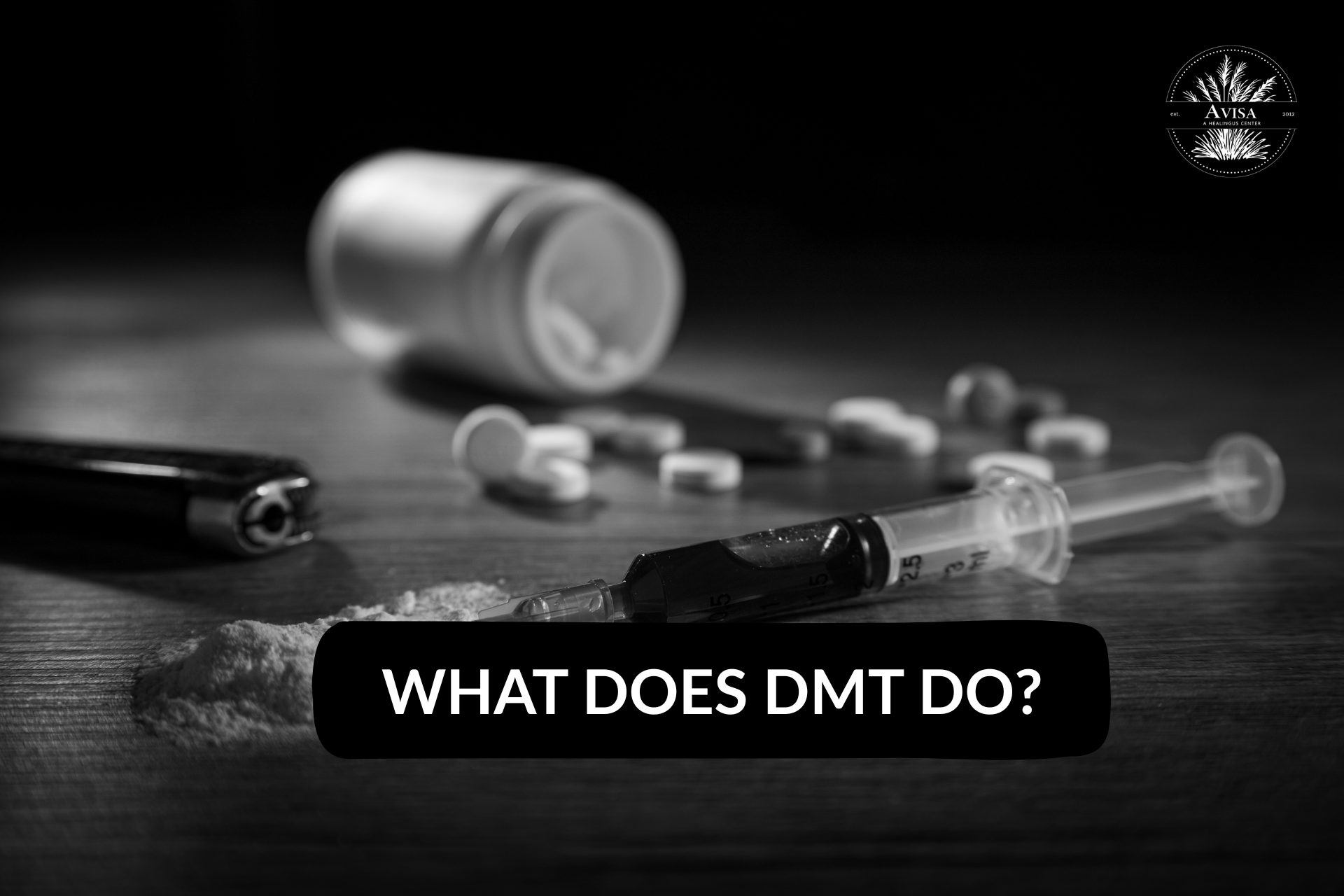One small step can make a big difference!
What is AVPD?
In simple terms, Avoidant Personality Disorder (AVPD) is a disorder that makes people unable to function in any social situation. Due to the high possibility of being rejected or ridiculed, these people tend to shield themselves from such situations. Individuals diagnosed with AVPD possess a unique feeling of shame and an inferiority complex, and their emotions are easily hurt. This results to:- Self-isolation: Relationships and other social endeavors are normally avoided.
- Low self-esteem: Compared to other individuals, they feel that they are below average and will assume that other people will reject them.
- Reluctance to try new things: Being ridiculed is what messes up their progress.
What is Social Anxiety Disorder?
Sometimes referred to as a social phobia, Social Anxiety Disorder is an excessive concern and fear for social settings. People suffer from this worry of embarrassment, fear of scrutiny, or disapproval from others. This fear often results in:- Avoidance: They do not want to go to events, they do not want to give or go to speeches, or even meet new people
- Physical symptoms: Wetting, shaking or even vomiting experienced in the course of social interaction
- Intense fear: even thinking of social circumstances can trigger aspirations
Symptoms
Comparing the symptoms approach in Social anxiety disorder vs avoidant personality disorder diagnosis recalls that there are similarities and differences that are present:AVPD Symptoms
- Oversensitivity to any form of criticism or negative feedback.
- Social nervousness is nearly in any situation.
- Disinterest in trying out new things.
Social Anxiety Disorder Symptoms
- Being anxious in some situations, like when giving a speech.
- Having excessive thoughts and fears of looking foolish or ashamed.
- Tremulous activity or reddening activity in socializing places.
Can You Have Both?
Yes, efforts have been made to support the view that one can have both a social anxiety disorder as well as an avoidant personality disorder. These two conditions tend to overlap, hence making it challenging to define. Still, people with AVPD tend to experience more chronic and severe symptoms than just people with social phobia disorder. They may also have more severe chronic feelings of inadequacy, fear of rejection, and social avoidance.Causes
Social phobia disorder and avoidant personality disorder causes are sometimes the same, but they contain finer details that are unique to each disorder:- Genetics: It is seen that both these disorders have a familial tendency, which is attributed to genetic predisposition.
- Early Life Experiences: Same with social anxiety, childhood events such as bullying or physical abuse may also play a role in the onset of both disorders.
- Personality: People who are shy, introverted, or reserved by nature, especially at a very early age, are most likely to develop either disorder.
- Environmental Factors: Adverse social situations, usually in childhood, may develop into social anxiety or AVPD.
Social Anxiety Disorder Treatment
People are usually treated for social anxiety disorder using a variety of therapies and sometimes drugs when appropriate. The treatments work towards the objective of assisting patients in confronting their fears of interactions and enhancing their environmental stimulation. Common treatments include:- Cognitive Behavioral Therapy (CBT): Encourages the restructuring of thought processes that have been learned and practiced in a negative way.
- Exposure Therapy: Assists the client in gradually facing the places or situations that they fear around other people in a safe and controlled manner.
- Medications: Use of antidepressants or anti-anxiety medications may decrease the severity of some symptoms.
AVPD Treatment
Avoiding services to treat avoidant personality disorder can be particularly difficult, given how ingrained the disorder is. With the proper treatment approach, however, they can learn to cope with the disorder and develop positive relationships. Treatment options include:- Psychotherapy: Extended therapy, usually directed towards enhancing self-worth and coping mechanisms.
- Cognitive Behavioral Therapy (CBT): Focus on and confront negative ideations as well as behavioral patterns.
- Group Therapy: A controlled environment where social activities can be done in order to facilitate social intercourse.
Tired of fighting addiction and mental health struggles?
Ignoring both deepens the struggle. Our holistic approach—detox, therapy, and medication-assisted treatment—can help you heal. Take the first step today.
FAQs
Q: What is the difference between social anxiety and avoidance?
A: Social anxiety is a kind of anxiety disorder that is restricted to specific acute situations, while in AVPD, a person is quite avoidant of most social engagements and actions because of the fear of disapproval and criticism.
Q: Can you have AVPD and social anxiety?
A: It’s true that a person can have social anxiety disorder vs avoidant personality disorder. People who are suffering from both conditions might have far more sociophobia, and they might have more problems in any social action.
Q: What is the difference between avoidant personality disorder and antisocial personality disorder?
A: Avoidant personality disorder occurs when a person feels inadequate and fears negative evaluation from others, so the individual is scared to be around other people. On the contrary, antisocial personality disorder is a disrespectful attitude towards any person, including oneself. No empathy is observed, and often, people resort to deception. There is a difference in the type of motivation of the two disorders.
Q: What are the characteristics of avoidant personality disorder?
A: Some of the major features of avoidant personality disorder symptoms include extreme reluctance to be rejected, client social avoidance, feeling a sense of inadequacy, and the use of social intimacy, which is excessive and feared at the same time. Those with AVPD tend to be reclusive, have poor self-image, and are afraid to try new things for fear of being ridiculed.
Conclusion
Recognizing the distinction between social anxiety vs avoidant personality disorder, essentially these are two sides of the same coin is very important to help locate and render the necessary treatment and help. For instance, in both circumstances, there is a fear of social situations, but the intensity and range of such a fear are different for the two conditions. There is usually a fear of social situations related to social anxiety disorder, while with avoidant personality disorder, almost every area involving social interactions is problematic.
If you or someone you know is dealing with a problem associated with social anxiety disorder versus avoidant personality disorder, assistance should be sought out.
Avisa’s compassionate, evidence-based approach is uniquely tailored for every patient. A dedicated team of specialists is ready to support you throughout the process of finding a more satisfying life.
Contact us now to start the recovery process and regain control of your life. You do not have to deal with these difficult situations alone.
Avisa is there for you.


